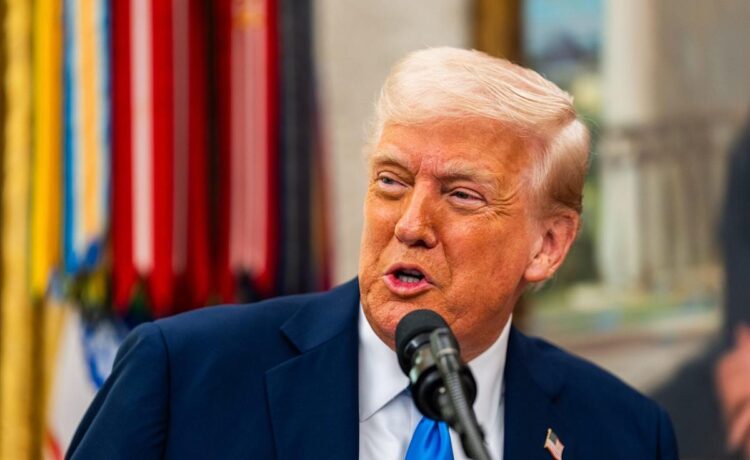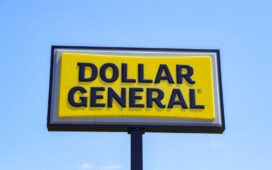Donald Trump’s tariff-fueled strategy to weaken the dollar and increase U.S. competitiveness is likely to have a range of consequences. An unpopular one might be his voters paying more for their summer holiday to Europe.
Airlines are sounding the alarm on a troubling trend of falling demand from their crucial U.S. market, amid growing signs that Trump’s clampdown on foreign trade will filter through to everyday Americans.
The dollar has declined against the euro and the British pound since Trump took office in January, reversing a consistent trend of a strengthening dollar during the Joe Biden administration.
That period of dollar supremacy encouraged a transatlantic spending spree by U.S. travelers, epitomized by a wave of American Taylor Swift fans swarming to Europe to watch the singer perform her Eras Tour last summer.
Analysis at the time from CNN showed that it was considerably cheaper to see Swift in Sweden than it was buying tickets on the secondary market in several U.S. cities, even when factoring in travel and accommodation costs. Economists predicted these travel trends would see Europe enjoy a larger economic impact from Swift’s tour than her native America.
Europe’s travel companies have noticed these trends, which aren’t confined to Swifties. Speaking to the Financial Times in March, Air France-KLM CEO Ben Smith said the airline was investing in its first-class suite to appeal to wealthy Americans traveling to Paris.
“It’s unbelievable what Americans are paying to come over here, if you look at what it costs to stay down the street at the Bristol Hotel,” Smith said.
One person unhappy with news of foreign companies benefiting from Americans’ deep pockets would be President Trump. As part of a sweeping overhaul of the U.S. economy, currently focused on exports, Trump hopes to make U.S. manufacturing more competitive and views the devaluation of the dollar as an avenue to achieving this.
Unfortunately, the combative policies might also be hurting Americans’ freedom of movement.
Airlines bore the brunt of investor bearishness in March when Trump warned that his aggressive economic policies could trigger a recession.
Shares in British Airways owner International Airlines Group (IAG) have plunged nearly 30% since early February, while American Airlines has declined nearly 40% since the start of the year amid growing fears of declining U.S. consumer spending.
Virgin Atlantic, which is 49% owned by Delta, made £1 billion ($1.3 billion) in revenue from its U.S. operations last year, helping propel the airline to its highest turnover and operating profits in its 40-year history.





